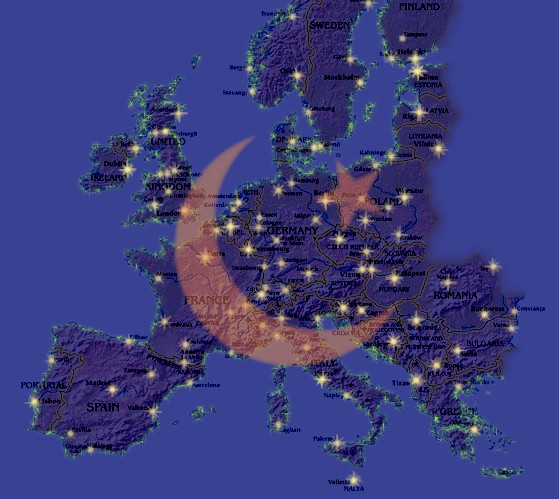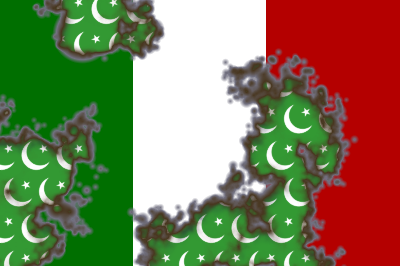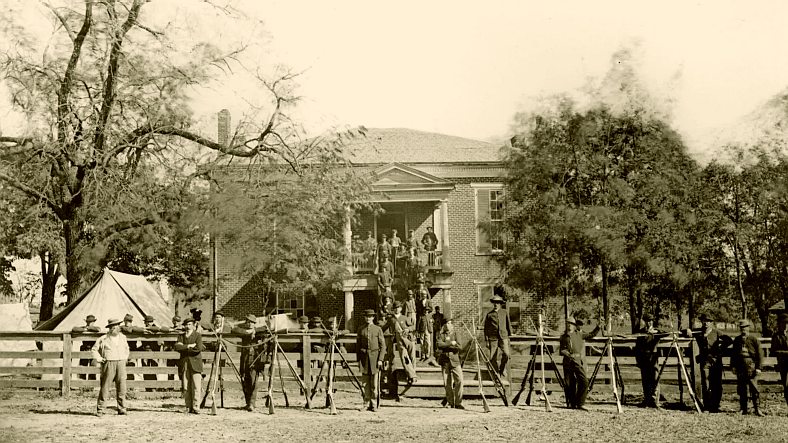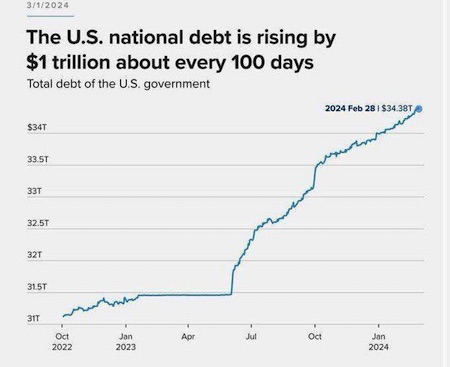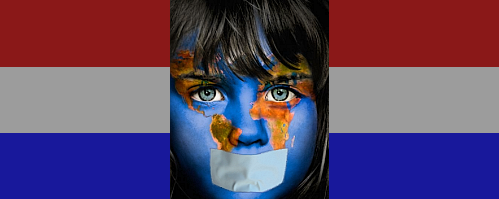This is the sixth essay in an occasional series. Previously: Part 1, Part 2, Part 3, Part 4, Part 5
Requiem for a Culture
Part 6: The End of Reconciliation
The past is never dead. It’s not even past.
— William Faulkner, Requiem for a Nun, Act I, Scene III (page 80 in the Vintage paperback edition)
Southern partisans, especially those who have ancestors who fought in the War for Southern Independence, are well aware of the depredations that have been visited upon Southern monuments in the last three or four years. The process culminated late last year with the desecration of two cherished monuments, the statue of General Robert E. Lee in Charlottesville, Virginia, and the Confederate Memorial at Arlington National Cemetery. I’ll give a brief recapitulation of these events for readers who may not be familiar with what happened.

A bronze statue of General Lee, the commander of the Army of Northern Virginia, had stood since the 1920s in a little park next to the library in downtown Charlottesville. The “Unite the Right” false-flag fiasco in 2017 started the ball rolling on the statue’s removal. Late that summer General Lee and his horse Traveller were covered with a burka to prevent passers-by from being triggered by the sight. Then in 2020 the fentanyl overdose of Saint George Floyd provided the coup de grâce: the following year the statue was finally removed from its plinth. To make sure that the South would never rise again, last October the revered general was cut into pieces and melted down.
The widely-published photo of General Lee’s molten bronze face was like a knife in the heart for Southern partisans (or at least for this one).
The second destructive event is not as well-known as the immolation of General Lee, but may well turn out to be even more of an outrage from the perspective of those who revere the memory of the men who fought and died for the right of Southern states to be free of Federal tyranny. I refer, of course, to the renowned Confederate Memorial at Arlington National Cemetery.
The national memorial for Confederate soldiers was commissioned by the United Daughters of the Confederacy in the early 1900s. It was designed by the widely acclaimed sculptor Moses Ezekiel, a Confederate veteran as well as the first Jewish cadet to be enrolled at the Virginia Military Institute. Completed in 1912, the monument was unveiled in 1914 in a ceremony that featured a speech by Woodrow Wilson, and was attended by numerous grandees from both the North and the South.
A full account of Moses Ezekiel’s monument would be too long for this space, and would require a deeper knowledge of the topic than I possess. For an excellent overview, I recommend this article by Richard Hines at Chronicles.
Last December the Arlington monument was dismantled and removed from its pedestal by the Army (which owns it) and moved to an unknown location. Its final destination has not yet been announced, and it may or may not eventually be melted down (see this article from The Northern Virginia Daily).
The national Confederate Monument was above all intended to be a memorial of reconciliation, bringing together the two sides in the Recent Unpleasantness so that they could coexist in the same polity without rancor and recrimination. Southern soldiers were thereby honored as patriotic and courageous fighters for their home states, and accepted as such in the official collective memory of the new (and now completely Federal) republic.
Mind you, the Northern hegemonists had an ulterior motive for embracing reconciliation: they needed the fighting prowess of Southern soldiers for their new wars of Manifest Destiny. Confederate soldiers had shown themselves to be a superior fighting force, and only lost to the Yankees because they were so badly outnumbered and so ill-supplied. Southern boys, especially the pugnacious Scots-Irish of the southern Appalachians, have been the mainstay of the U.S. military ever since. Whenever Uncle Sam deployed troops abroad to make the world safe for democracy, the descendants of the Confederacy were in the van bearing the brunt of the fighting.
That’s what reconciliation was for. But reconciliation is now officially dead.
For the first time since the late 1800s, Southern “cracker” families are discouraging their sons from serving in the military. The U.S. government and the armed services have made it clear that they have no respect for the Confederate heritage, and nothing but contempt for the descendants of those who fought for the Stars and Bars from 1861 to 1865.
So they’re on their own now. When the pink-haired correctly-pronouned trans creatures go forth to fight the next war with Russia, or Iran, or China, or whomever our neocon masters decree to be the enemy, they will do so without the assistance of Southern partisans.
If the rebel yell is ever heard again in combat, it will be in a completely different kind of war.
Today is the 159th anniversary of the Confederate nakba, the surrender of Robert E. Lee to Ulysses S. Grant at Appomattox Court House on April 9th, 1865.
In honor of the occasion, I present the story of the encounter between General John Brown Gordon, CSA, and General Joshua Chamberlain, USA, that took place at Appomattox three days after the surrender. More than any other occasion, that incident exemplifies the spirit of reconciliation that the Confederate Memorial at Arlington National Cemetery was intended to convey.
This is quoted from “The Last Salute: Gordon and Chamberlain at Appomattox”, published by Ultimate Flags:
Continue reading →
